Kazakhstan is a country rich in history, culture, and natural beauty. It boasts a fascinating blend of traditions and modernity, making it a unique destination. From its vast steppes to its dramatic mountain ranges, the country is filled with fascinating facts and intriguing historical milestones.
1. Kazakhstan is the Largest Landlocked Country
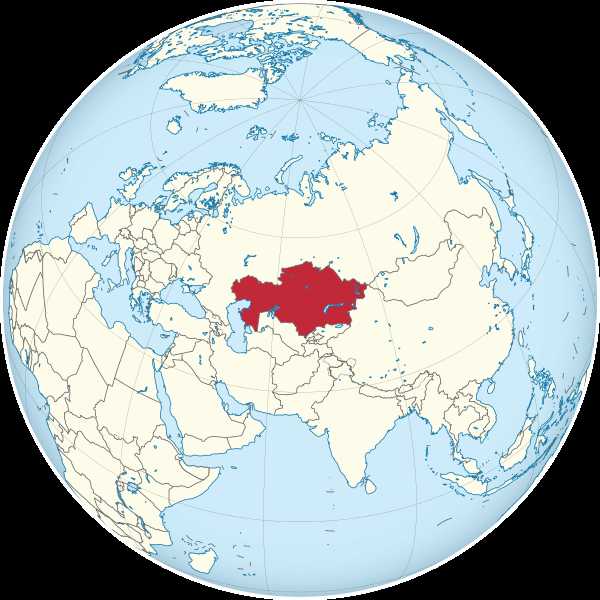
Kazakhstan is the world's largest landlocked country with the longest border and spanning an impressive 2.7 million square kilometers. Despite having no coastlines, Kazakhstan has diverse landscapes that range from vast deserts and steppes to majestic mountains and lush forests. It is also the 9th largest country in the world and the largest country that doesn’t have access to the ocean.
2. Kazakhstan has two capitals
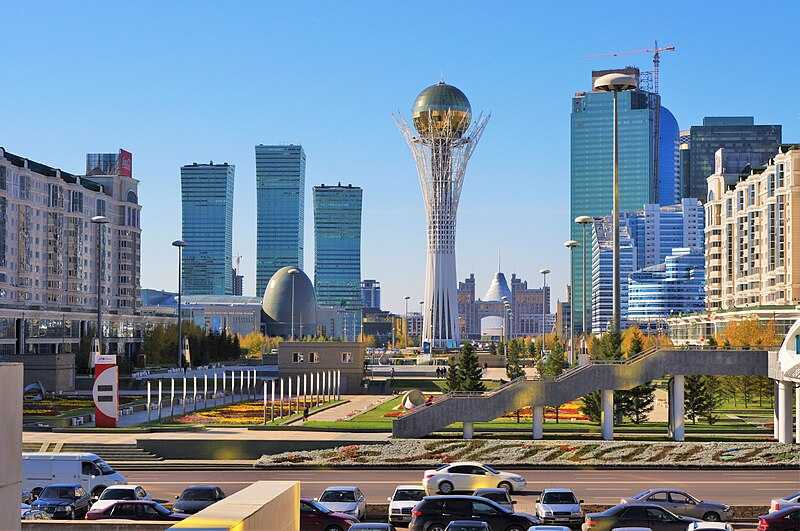
Kazakhstan has two major cities that play crucial roles in its national identity and administration. Astana became the capital in 1997 and is renowned for its futuristic and avant-garde architecture, reflecting the country's ambitions for modernity and progress. On the other hand, Almaty, the largest city, remains the cultural, economic, and financial heart of Kazakhstan.
3. Largest Space Launch Facility is in Kazakhstan
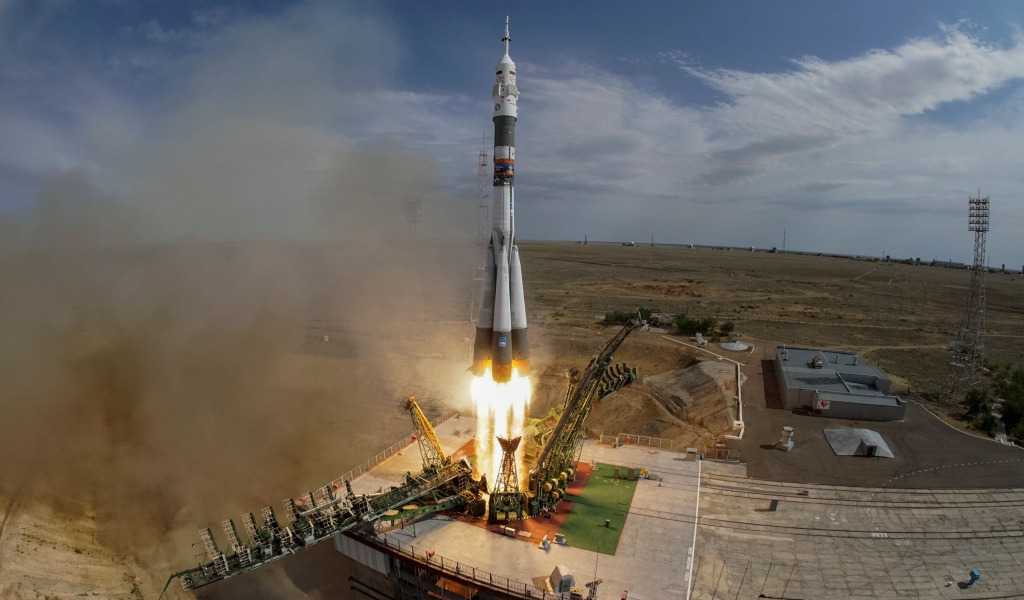
The Baikonur Cosmodrome, the world's first and largest operational space launch facility, is located in Kazakhstan. Established in 1955, Baikonur was the launch site for numerous historic space missions, including Yuri Gagarin's journey into space in 1961, making him the first human to orbit the Earth.
4. Kazakhstan has a Diverse Ethnic Composition

Kazakhstan is home to over 130 ethnic groups, including Kazakhs, Russians, Uzbeks, Ukrainians, Germans, and many others. This diverse population is a result of the country's complex history, including migrations, conquests, and Soviet-era deportations. This ethnic diversity is reflected in Kazakhstan’s rich cultural tapestry, with a variety of languages, traditions, and cuisines contributing to the nation's identity.
5. There is a Significance to the Name "Kazakhstan"
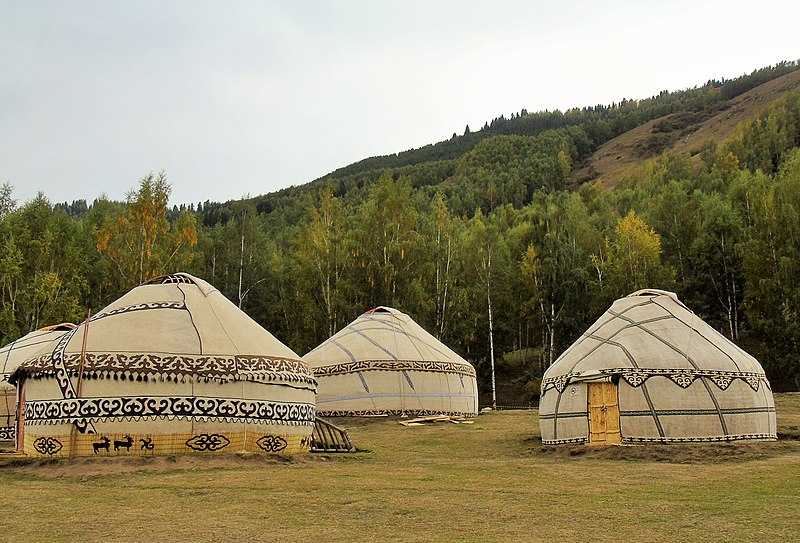
The name "Kazakhstan" is derived from the word "Kazakh," which means "free spirit" or "wanderer" in the ancient Turkic language, and the Persian suffix "-stan," which means "land of" or "place of." Thus, Kazakhstan translates to "the land of the free-spirited" or "the land of wanderers," reflecting the nomadic heritage and independent spirit of its people.
6. Kazakhstan has a Coastline, despite being Landlocked
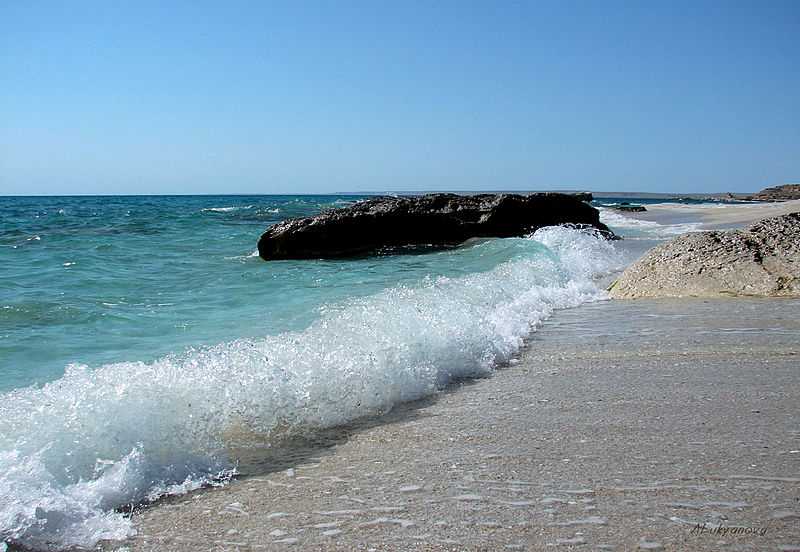
Although Kazakhstan is landlocked, it borders the Caspian Sea, the world's largest inland body of water. The Caspian Sea coastline in Kazakhstan is known for its rich oil and natural gas reserves, which are vital to the country's economy. The coastal region also offers unique landscapes, including salt flats, marshes, and diverse wildlife. The Caspian Sea is a critical area for fishing and transportation, and efforts are being made to balance economic activities with environmental conservation.
7. Kazakhs have a Tradition of Eagle Hunting

Eagle hunting is an ancient tradition in Kazakhstan, where Kazakh hunters, known as berkutchi, train golden eagles to hunt small animals like foxes and hares. This practice, passed down through generations, symbolizes the deep connection between the Kazakh people and nature. Eagle hunting is not only a method of survival but also a respected cultural heritage showcased at festivals and events.
8. Kazakhstan is Home to a Unique Split-Water Lake

Kazakhstan is home to Lake Balkhash, the 15th largest lake in the world and one of the largest in Asia, covering an impressive 16,400 square kilometers. What makes Lake Balkhash truly unique is its split personality: the western part of the lake is freshwater, while the eastern part is saltwater. This natural phenomenon is caused by the Ili River, which flows into the western section, diluting the water with fresh river flow.
9. Apples Originated in Kazakhstan

Kazakhstan is celebrated as the birthplace of apples, with the wild Malus sieversii species native to the region's forests. These ancient apple trees, particularly in the Almaty region, are believed to be the ancestors of many modern apple varieties. The country's unique climate and soil conditions have historically provided an ideal environment for the growth and evolution of these fruits, contributing to Kazakhstan's rich horticultural heritage.
10. Horses Were First Domesticated in Kazakhstan
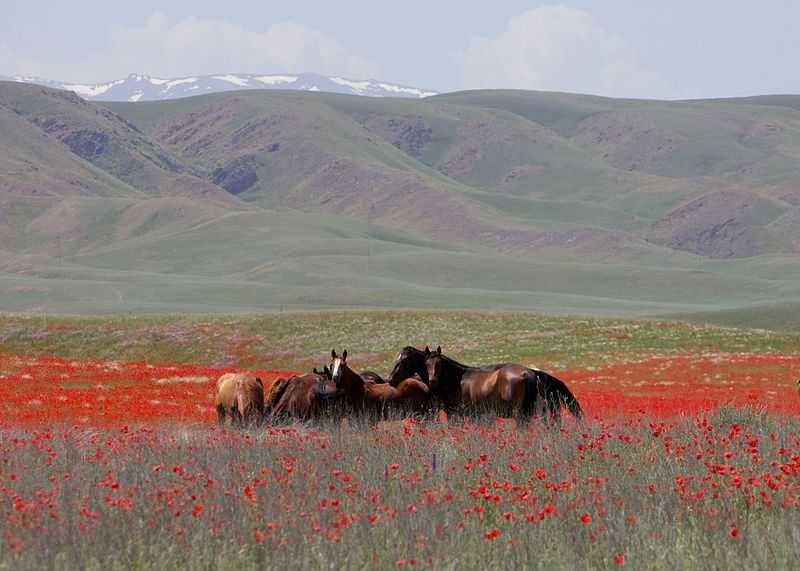
Kazakhstan holds a significant place in history as the land where horses were first domesticated. Archaeological evidence from the Botai culture, dating back to around 3500-3000 BCE, suggests that the early inhabitants of this region were the first to tame and ride horses.
11. Kazakhstan has the World's Highest Mountain Skating Rink

Medeu, located in the mountains near Almaty, boasts the title of the highest mountain skating rink in the world. Situated at an altitude of 1,691 meters, Medeo benefits from its highland location and pure mountain water, which contribute to the exceptional quality of its ice.
Discovering the facts about Kazakhstan reveals a nation of remarkable depth and diversity, rich in history and natural wonders. From the groundbreaking domestication of horses to the impressive heights of Medeo, Kazakhstan's contributions to both ancient and modern worlds are truly impressive. As you explore these intriguing aspects of Kazakhstan, you gain a greater appreciation for its unique place in the global tapestry.